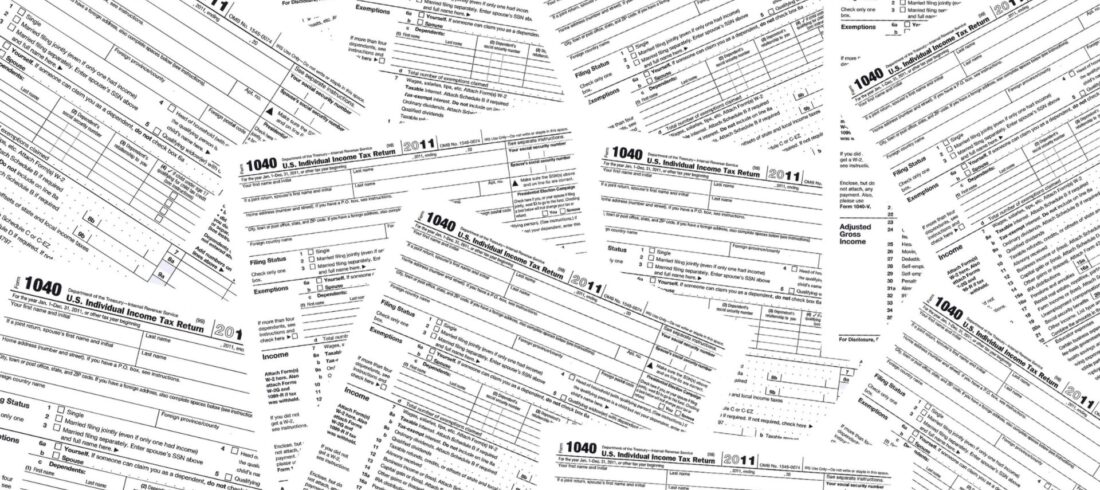The Tax Code does not provide concise definitions of “capital cost” as opposed to “expenses of a trade or business.” Broadly speaking, a capital cost is an investment that is expected to have value over a period of longer than one year. Business expenses are payments for goods that will be consumed over a short period of time, or services needed for current operation of the business.
The following are examples of capital assets: a desk, a building, an air conditioning system, a fax machine.
The following are examples of current business expenses: repairing a broken lock on a desk drawer, painting a building, replacing air conditioner filters, replacing the drum on the fax machine.
The boundary between capital costs and business expenses can be fuzzy. For example, replacing a small patch of wooden siding on a commercial building is a repair, which is a current business expense. Installing all new siding is probably a capital cost. Where is the dividing line between these two extremes? One way the IRS and the courts have approached the question has been to look at whether the replacement of the siding results in a substantial increase in the value of the building or is merely routine maintenance required in order to preserve the building throughout its expected useful life. Replacing wood siding with a brick veneer looks more like a capital cost, whereas replacing wood siding with identical or similar wood siding, even if 100% of the siding is replaced, could arguably be a maintenance expense.
For tax purposes, designation of an expenditure as a capital cost rather a current business expense determines the timing of the deduction for the expenditure. Current business expenses are deducted 100% in the current tax period, whereas capital costs must be deducted over more than one tax period. The deduction, or cost recovery, of capitalized costs is accomplished through depreciation or amortization, or in some cases only upon the sale or other disposition of the asset with which the cost was associated. For example, if you think you may want to start a business and you do marketing research to help you decide whether the business has a chance to succeed, the cost of the marketing research must be capitalized and can only be deducted by making a special election when the business files its first tax return, or recovered as basis if you someday sell the business.
The fact that the purchase price of an asset must be capitalized does not tell you whether your gain or loss on the sale or other disposition of the asset will be capital or ordinary in nature. This is one of our seemingly irrational tax rules that can only be understood by looking at the history of the tax law.
As the Tax Code was originally written back in 1913, if you sold an asset whose cost you had capitalized, you had a capital gain or loss. Period. During and immediately after the depression of the 1930’s, most assets decreased in value. Many businesses were unwilling to upgrade their equipment during this time, because the capital losses they realized on the sale of their old equipment were only partially deductible, whereas holding the old equipment for its entire useful life resulted in fully deductible depreciation. In 1938, Congress addressed this problem by changing the Tax Code so that business assets were no longer included in the definition of capital assets.
Under the new law, losses on the sale of business assets were treated as fully deductible ordinary losses, so businesses with assets that had decreased in value no longer had a tax reason not to sell the assets. But all was not well for long. During the World War II years, the value of the U.S. dollar fell, resulting in price inflation. Because of price inflation, sales of business assets were likely to result in gains that, due to the 1938 reclassification of business assets, would be taxed as ordinary income.
In 1942, section 1231 was added to the Tax Code. Under section 1231, gains on the sale or other disposition of business assets would be treated as capital gains, whereas losses would be treated as ordinary losses.
Next time: the saga continues with The Recapture Rules













